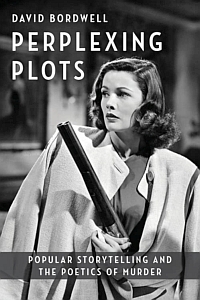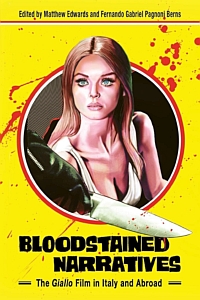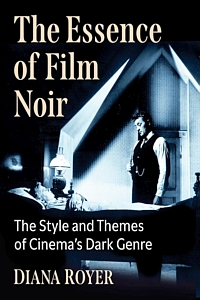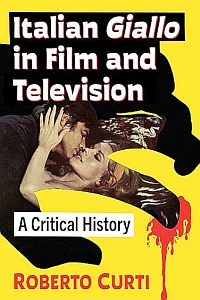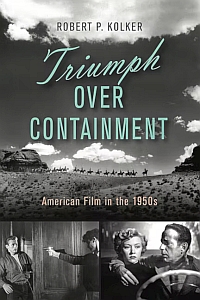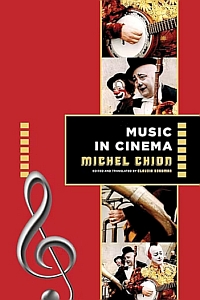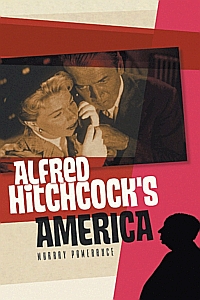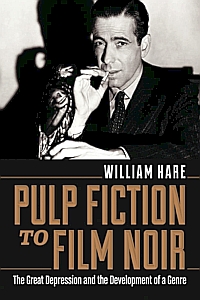Film noir productions generally are associated with dark settings, either because action takes place at night or in unlit rooms, where street light creeps through Venetian blinds and struggles all the way to hit the protagonists on the set. Originally, such an outcome on the set in part was caused by filming conditions during wartime, […]
You are browsing archives for
Tag: Alfred Hitchcock
Perplexing Plots. Popular Storytelling and the Poetics of Murder by David Bordwell (2023)
Generally, storytelling, narratives, modes of presentation and the story behind them, define most works of fiction and movie plots alike. As those techniques changed over the decades (as did audiences who step by step were introduced to this), new and exiting ways of shooting film and presenting characters entered popular forms of entertainment. The simple, […]
Bloodstained Narratives: The Giallo Film in Italy and Abroad by Matthew Edwards and Fernando G. Pagn...
The gialli (“the yellow ones”), introduced in Italy in the mid-1960s, are a film genre that combined all sorts of sensations, such as crimes planned and committed, detectives and amateur sleuths looking for clues, great landscapes, exotic venues, usually connected to airports and train stations, beautiful women, Gothic horror and disturbing soundtracks. In the gialli, […]
The Essence of Film Noir: The Style and Themes of Cinema’s Dark Genre by Diana Royer (2022)
Part of the unique intensity of noir and neo-noir movies is rooted in the combination of masterful scripts, extraordinary directors and the skillful highlighting of the psychological aspects wherever a protagonist needs to take action. But often is sabotaged while trying, to simplify one of many film noir plots. By carefully investigating the genre, several […]
Italian Giallo in Film and Television: A Critical History by Roberto Curti (2022)
There is one particular modern genre that is strongly connected with the history of Italian filmmaking: the genre of “the yellow ones,” in Italian: “gialli”. The countless movies, dime novels, detective stories and murder mysteries in Italy are subsumed under that title, similar to “pulp” novels, and crime fiction that got their name from the […]
Triumph Over Containment: American Film in the 1950s by Robert P. Kolker (2021)
There are very many books on both the American post-war years and the films of the long 1950s, usually with the emphasis on a genre or a sociological topic. The book at hand, however, has a somewhat special approach, as it is preoccupied with the decade and its implications on the American public, as experienced […]
Music in Cinema by Michel Chion (2021)
For those interested not only in the finished product “motion picture,” but to the students and fans who consider movie audio and its use an art form, the name Michel Chion will definitively sound familiar. The French scholar, filmmaker, and composer who has written more than thirty titles on the topics sound, film and music […]
Alfred Hitchcock’s America by Murray Pomerance (2013)
With his second publication on Alfred Hitchcock, Professor Pomerance has now given focus to the Americanization of the great director’s themes and film settings. After all, Hitchcock remained British in character all of his life and probably had not imagined becoming an American subject in his early days. That things would turn out so well […]
Pulp Fiction to Film Noir by William Hare (2012)
With the advent of the Great Depression, Hollywood discovered new characters and fresh labels of films that displayed the effects of the economic struggle on various types of individuals, be it the small-time crook, the innocent and wrongly accused businessman, the farmer or the simple secretary. All of them had to face new obstacles in […]


